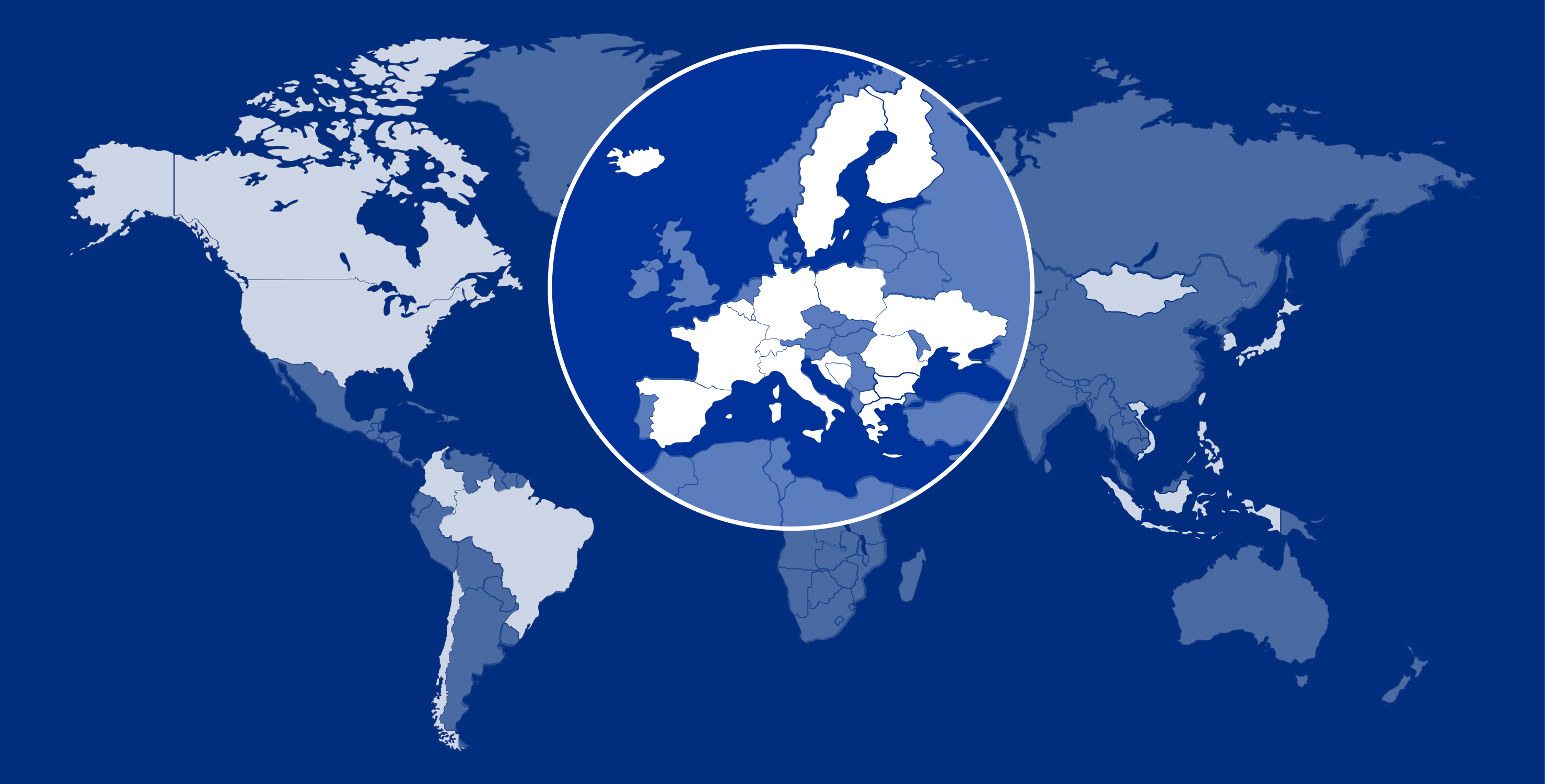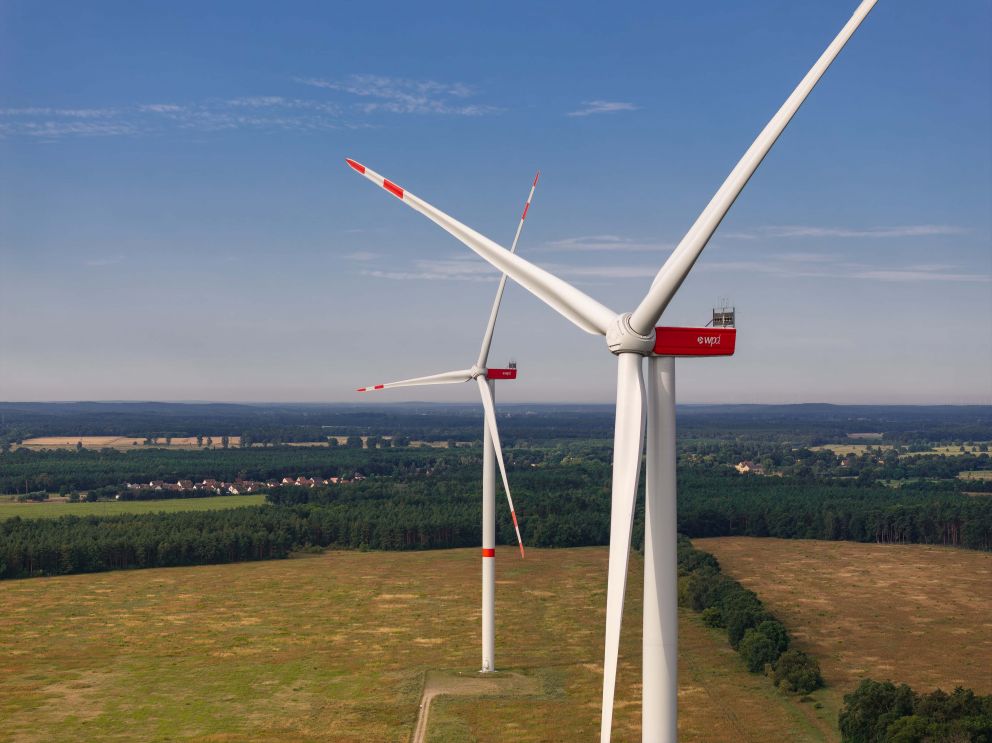Cookies Policy
This Cookie Policy explains what cookies are and how wpd do Brasil uses them.
Cookies are small text files that can be stored on and extracted from your device. There is a difference between session cookies (which are deleted as soon as the browser is closed) and permanent cookies (which are stored for longer than the duration of the session). We do not use these necessary cookies for analysis, tracking or advertising purposes.
In some cases, these cookies only contain information about certain settings and are not linked to a person. They may also be necessary to enable user guidance, security and the operation of the website, in accordance with article 7 point IX of Law 13.709 of 14 August 2018 (‘LGPD’).
The user can configure their browser to inform them about the use of cookies. The user can also delete cookies or prevent the setting of new cookies at any time using the appropriate browser settings. Please note that if you delete certain cookies, our websites may not be displayed correctly, and some functions may no longer be available.
| Provider
|
Purpose
|
Storage period
|
Adequate level of data protection
|
| wpd onshore Gmbh & Co. KG
|
Saves the settings of selected visitors in the Borlabs Cookie box.
|
1 year
|
Yes
|
Consent banner
We use a consent management platform (consent banner or cookies) on our websites. The processing related to the use of the consent management platform and the recording of the settings that the user has made is based on our legitimate interest, in accordance with article 7 point IX of the LGPD, to provide the user with our content in accordance with their preferences and to be able to prove their consent(s). The settings the user has made, the consents given and part of their usage data are stored in a cookie. This ensures that they are kept for further visits to the site and that your consents remain traceable.
The operator of the consent management platform acts on our behalf and is strictly bound by our instructions, in accordance with Article 39 of the LGPD.
Embedded videos
We embed videos on our websites that are not stored on our servers. To ensure that access to our web pages with embedded videos does not automatically lead to the reloading of content from the third-party provider, in a first step we only display preview images of the videos stored locally. This does not provide any information to the third-party provider.
Only after clicking on the visualisation image will the content of the third-party provider be reloaded. The third-party provider may therefore collect data from the user who accessed our website, as well as data that is technically necessary in this context. In addition, the third-party provider may implement tracking technologies. We have no influence on the further processing of data by the third-party provider. By clicking on the image, the user gives us permission for the provider’s content to be reloaded.
The embedding is based on your consent, provided that the user has given their consent by clicking on the visualization image. If data is processed outside the EU or EEA (in particular the USA) in this context, we will provide information on the level of data protection in the following table:
| Third-party provider | Adequate level of data protection
|
Revocation of consent |
| Vimeo (EUA) | Processing can also take place outside the EU/EEA. There is no adequate level of data protection. The transfer is governed by Articles 33 and 49 of the LGPD | If you have clicked on a preview image, the content from the third-party provider will be reloaded immediately. If you don’t want this reloading to take place on other pages, don’t click on the thumbnails any more. |
Map Services
On our websites, we embed map services that are not stored on our servers. To ensure that access to our websites with embedded map services does not automatically lead to the reloading of content from the third-party provider, in a first step we only display locally stored map visualisation images. This does not provide any information to the third-party provider.
Only after clicking on the visualisation image will the content from the third-party provider be reloaded. The third-party provider will therefore be able to obtain the information that the user has accessed our website as well as the technically necessary usage data in this context. We have no influence on the further processing of data by the third-party provider. By clicking on the visualisation image, the user gives permission for the content of the third-party provider to be reloaded.
The embedding is based on your consent, provided that you have given your consent by clicking on the preview image.
Please note that the embedding of some map services causes your data to be processed outside the EU or EEA (in particular the USA) in this context, we will provide information on the level of data protection in the following table. If the user has clicked on a visualisation image, the content from the third-party provider will be reloaded immediately. If you do not want this reloading to occur on other pages, do not click on the thumbnails.
| Provider | Adequate level of data protection | Withdrawal of consent |
| For transfers to the USA, an adequate level of data protection is guaranteed due to the certification of the provider in accordance with the adequacy decision (EU-U.S. Data Privacy Framework). | If the user has clicked on a preview image, the content from the third-party provider will be reloaded immediately. If you don’t want this reloading on other pages, don’t click on the thumbnails. |
Storage period
Unless we have already informed you in detail about the storage period, we will delete personal data when it is no longer necessary for the processing purposes mentioned above and no legitimate interest or other (legal) reason for storage prevents deletion.
Your rights as a data subject
When processing your personal data, the LGPD grants you certain rights as a data subject:
Right of Access (Art. 18 LGPD)
You have the right to obtain confirmation as to whether your personal data is being processed; if this is the case you have the right to obtain information about the personal data processed and to receive the information listed in detail in Art. 18 LGPD.
Right to rectification (Art. 18 GDPR)
The user is entitled to the rectification of any inaccurate personal data relating to the user and, where applicable, the completion of any incomplete data, without delay.
Right to erasure (Art. 18 GDPR)
The user has the right to request the deletion of personal data, as provided for in the LGPD
Right to restriction of processing (Art. 18 LGPD)
The user has the right to request the restriction of processing for the duration of the controller’s assessment.
Right to data portability (Art. 18 LGPD)
In certain cases, as established in the LGPD, the user has the right to request data portability to third parties.
Right to withdraw consent (Art. 18 LGPD)
The user may withdraw consent to the processing of personal data at any time.
Right to object (Art. 18 LGPD)
If data is collected on the basis of Art. 7 para. IX GDPR (data processing for the protection of legitimate interests) or on the basis of Art. 7 para. III GDPR (data processing for the protection of public interests), the user has the right to object to the processing at any time on grounds arising from the specific situation. In this case, we will no longer process the personal data, unless there are legitimate grounds for the data processing to override the user’s interests, such as in the case of defence or exercise of legal claims.
If you have any questions about data protection, please contact the Data Protection Officer below:
Data Protection Officer – DPO: Emanuela Cabib
e-mail: dpo@wpd-brasil.com

